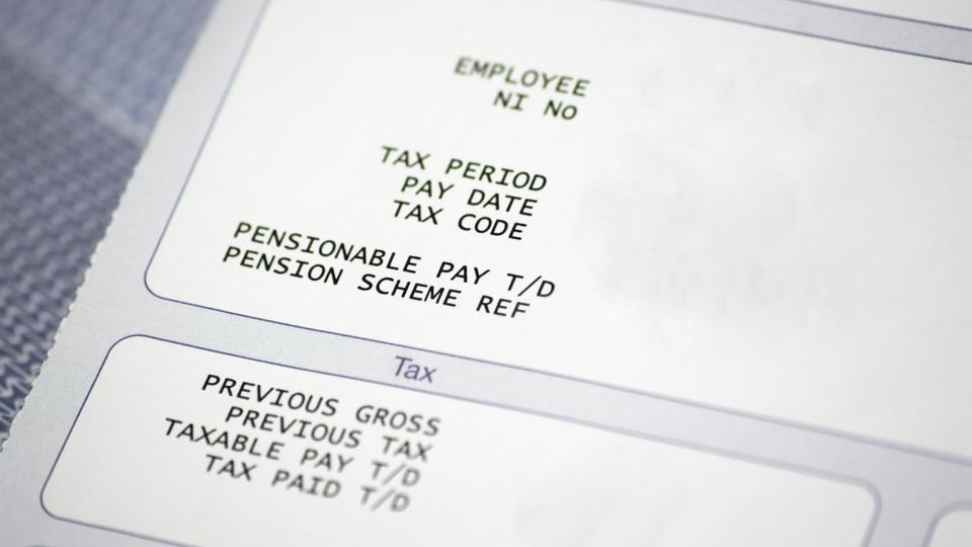In today’s business landscape, ensuring accurate paycheck stubs is not just a responsibility but a legal obligation for employers. Paycheck stubs, also known as pay slips or paychecks, are crucial documents that provide employees with detailed information about their earnings and deductions. From a legal standpoint, accurate paycheck stubs are necessary to comply with various federal and state regulations. In this article, we will delve into the employer responsibilities surrounding accurate paycheck stubs, including legal requirements, payroll accuracy, communication with employees, compliance with wage and hour laws, tax deductions, record-keeping obligations, and more.
Legal Requirements for Paycheck Stubs
Overview of Federal and State Laws
Employers must adhere to both federal and state laws when it comes to paystub generator free. While federal laws set minimum standards, state laws may impose additional requirements. It’s essential for employers to stay updated with these regulations to avoid penalties and legal consequences.
Mandatory Information on Paycheck Stubs
Federal and state laws mandate certain information to be included on paycheck stubs, such as gross wages, deductions, net pay, hours worked, and more. Failure to include required information can lead to fines and legal liabilities.
Ensuring Accuracy in Payroll
Accurate payroll processing is fundamental to generating precise paycheck stubs. Employers must invest in reliable payroll systems and implement procedures to double-check calculations before disbursing payments to employees.
Employee Communication
Transparent communication is key to ensuring that employees understand their real pay stub. Employers should establish clear policies for addressing employee concerns regarding pay discrepancies or inaccuracies.
Compliance with Wage and Hour Laws
Employers must comply with wage and hour laws, including the Fair Labor Standards Act (FLSA), which governs lowest wages, overtime payment, and child labor standards. Adhering to these regulations helps prevent disputes and legal disputes related to wage violations.
Tax Deductions and Reporting
Accurate withholding of taxes is crucial for both employers and employees. Employers must ensure that the correct amount of federal and state taxes are deducted from employees’ paychecks and reported to the appropriate tax authorities.
Record-Keeping Obligations
Employers are required to maintain accurate records of employee wages, hours worked, and payroll information. These records serve as evidence of compliance with labor laws and may be subject to audits by regulatory agencies.
Benefits of Accurate Paycheck Stubs
Accurate paycheck stubs contribute to building trust and credibility with employees. They also help employers avoid costly legal penalties and fines associated with payroll errors and non-compliance with labor laws.
Training for HR and Payroll Staff
Continuous education and training for HR and payroll staff are essential to ensure compliance with evolving payroll laws and regulations. Employers should invest in professional development resources to keep their staff informed and up-to-date.
Technology Solutions
Employers can leverage payroll software and automated systems to streamline payroll processes and minimize errors. These technologies offer features such as automated accuracy checks and built-in compliance tools.
Addressing Payroll Errors
Prompt resolution of payroll errors is critical to maintaining employee satisfaction and trust. Employers should establish clear procedures for addressing discrepancies and ensure that errors are rectified promptly.
Auditing Processes
Regular payroll audits, both internal and external, help identify and rectify errors before they escalate into larger issues. Employers should conduct periodic reviews of their payroll processes to ensure accuracy and compliance.
Employee Access to Paycheck Information
Employers should provide employees with easy access to their paycheck information, whether through online portals or physical copies. It’s essential to prioritize the security and privacy of employee payroll data.
Continuous Improvement
Feedback mechanisms should be established to gather input from employees regarding their paycheck stubs and payroll processes. Employers should use this feedback to continually improve their policies and procedures.
Conclusion
Ensuring accurate paycheck stubs is a fundamental responsibility for employers. By complying with legal requirements, maintaining payroll accuracy, fostering transparent communication, and leveraging technology solutions, employers can fulfill their obligations and build trust with their employees while avoiding legal penalties and disputes.
FAQs
Why are accurate paycheck stubs important?
Accurate paycheck stubs provide employees with transparent information about their earnings and deductions, fostering trust and compliance with labor laws.
What are the consequences of payroll errors?
Payroll errors can lead to employee dissatisfaction, legal penalties, fines, and even lawsuits for non-compliance with labor laws.
How often should payroll audits be conducted?
Employers should conduct regular payroll audits, ideally on a quarterly or annual basis, to identify and rectify errors promptly.
What should employees do if they find errors on their paycheck stubs?
Employees should promptly notify their employer’s HR or payroll department of any discrepancies or errors on their paycheck stubs.
How can employers ensure compliance with tax laws regarding paycheck deductions?
Employers should stay updated with changes in tax laws and regulations, utilize reliable payroll software, and seek professional guidance when necessary.
Have A Look :-

